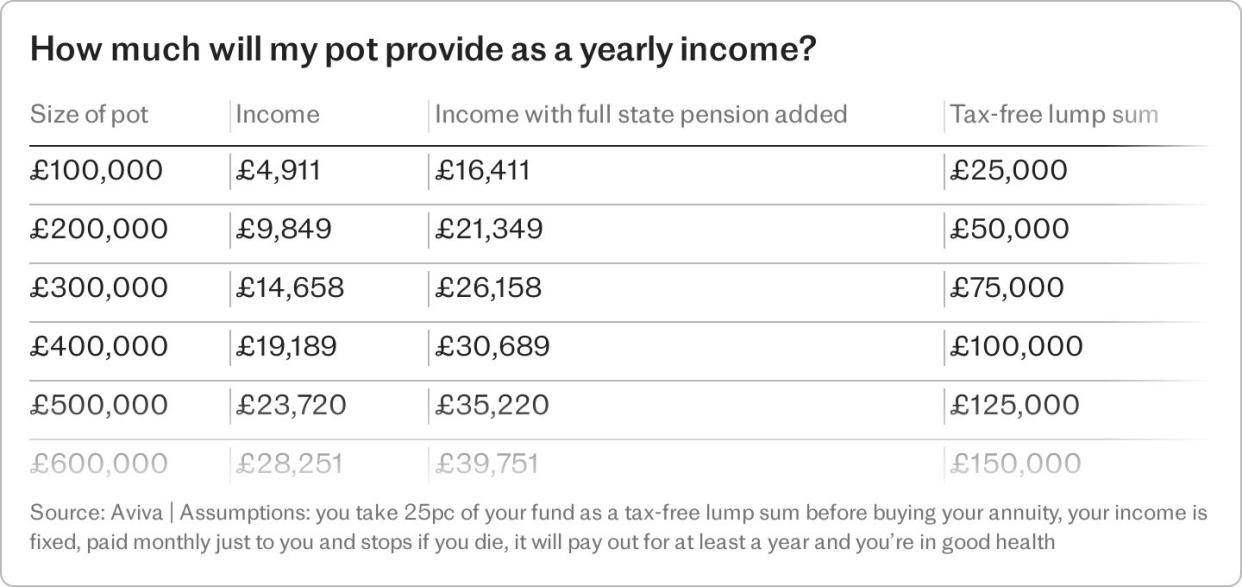‘My 28-year-old son can’t work – will he miss out on the state pension?’

Write to Pensions Doctor with your pension problem: pensionsdoctor@telegraph.co.uk. Columns are published weekly
Dear Becky,
My 28-year-old son was diagnosed with autism at the age of three. He has never been able to work due to his communication difficulties, and his only income is via his Disability Living Allowance.
If he remains in this position for the remainder of his life, will he be eligible for a state pension when he reaches retirement age?
Kind regards,
– Andy

Dear Andy,
The system for state pension entitlement for anyone who is unable to work is usually dependent on their eligibility for National Insurance (NI) credits.
However, for people in receipt of Disability Living Allowance (DLA) – which is gradually being replaced by Personal Independence Payment (PIP), or Adult Disability Payment in Scotland – the entitlement to benefits in retirement is slightly different.
For someone who has never worked and is not eligible for National Insurance credits for another reason, such as taking time out of work to care, the main benefit once past state pension age is currently Pension Credit.
People in receipt of Disability Living Allowance who were born after 1948, like your son, can get Personal Independence Payments that will continue to be paid past state pension age, though you must be younger than state pension age to claim it.
It is possible to claim up to a maximum of £184.30 a week currently – if you receive both the daily living and mobility parts of PIP at the higher rate.

PIP is usually paid every four weeks, and is not subject to tax. Disability Living Allowance recipients are being invited to switch to PIP, and if your son hasn’t had his invitation yet, it should arrive any time now.
Though it’s a way off in the future, if the system remains broadly the same then, when he reaches state pension age, he could also get Pension Credit to top his income up further. His PIP entitlement would not count as income when his Pension Credit entitlement is worked out.
When the time comes, this should hopefully mean he is no worse off when he reaches state pension age than if he had received the traditional state pension under the National Insurance credits system.
If things change for him as he progresses through adult life and he does become able to work, then this would change the level of other benefits he receives – but it could potentially mean he becomes eligible for some state pension, if he earns over the lower earnings limit and works for at least 10 years, the minimum number of years anyone needs to work to get some state pension.
In this scenario, if he was still entitled to PIP, he could potentially receive some state pension, some PIP and some Pension Credit – though how much of each he would receive would depend on his entitlements at the time.
For you yourself, if you have taken time out of work to care for your son for any number of years and this has affected your own National Insurance record, then as a carer, you may be able to claim backdated National Insurance credits. If you claim Carer’s Allowance, these credits are added automatically.
However, if you claim Carer’s Credit, you have to apply for the NI credits yourself.


